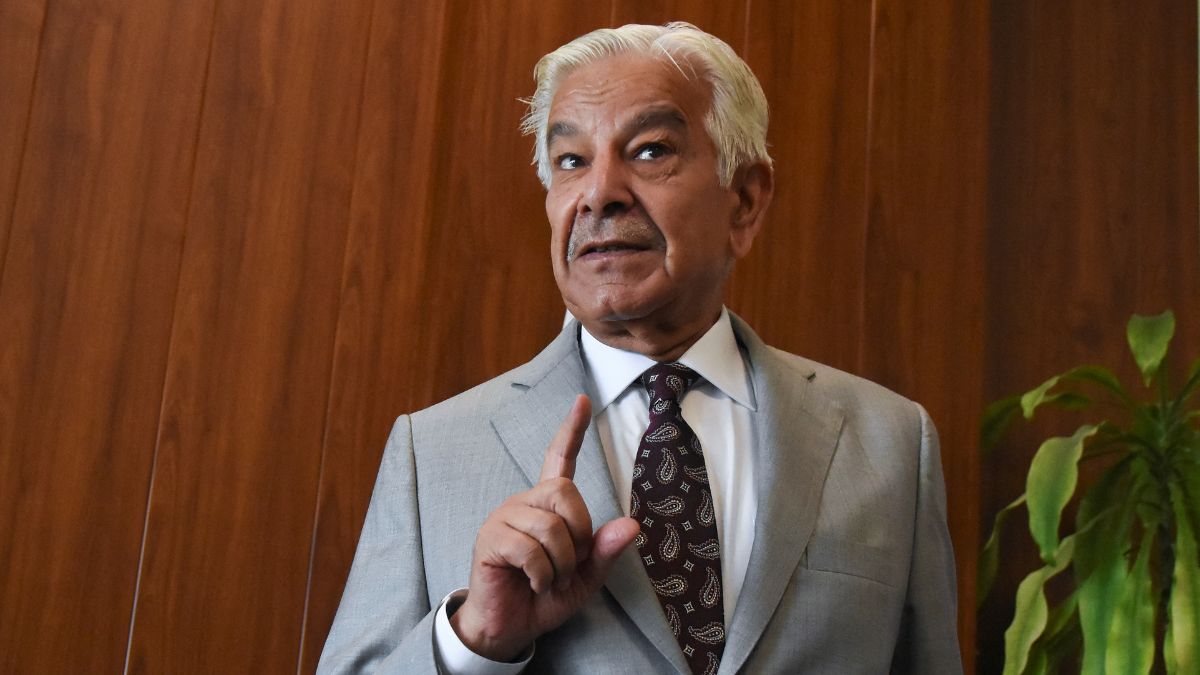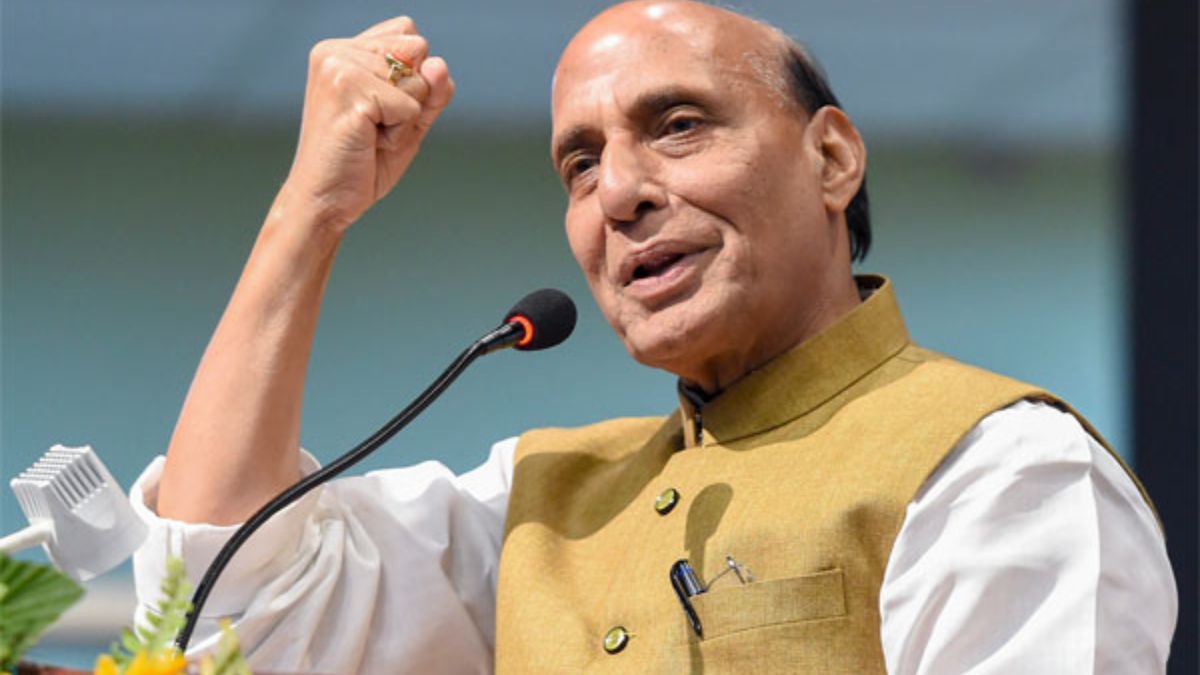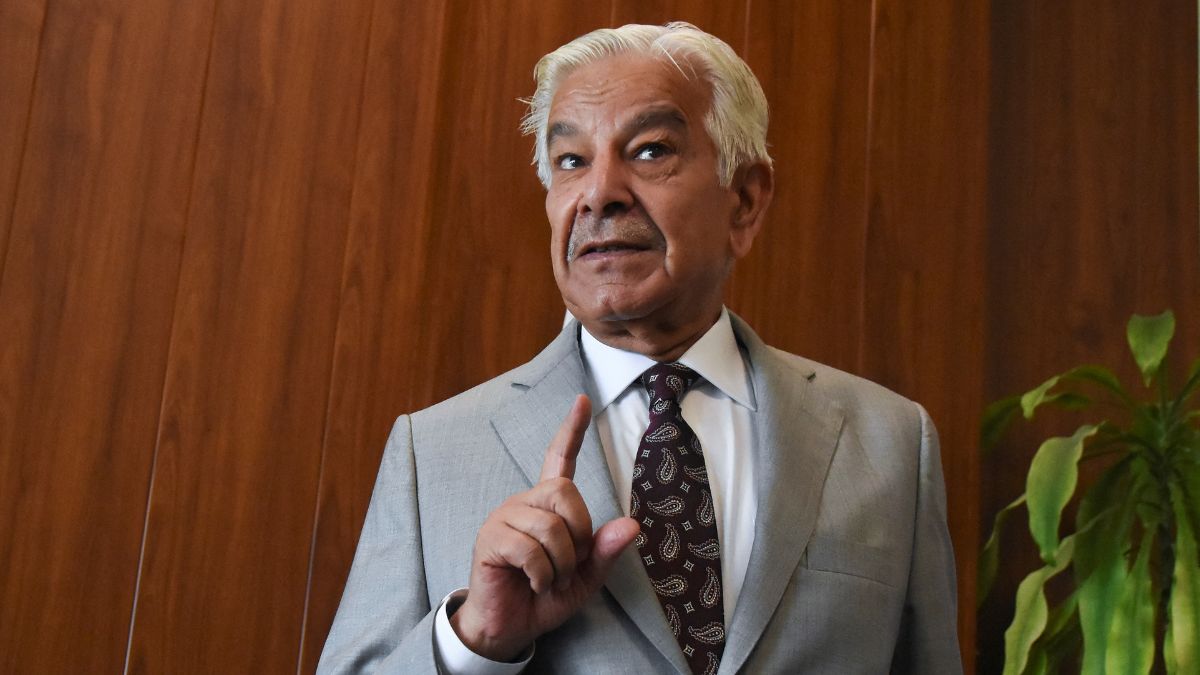Often dubbed one of the most agonising neurological conditions, Trigeminal Neuralgia (TN) afflicts the trigeminal nerve, which carries facial sensations to the brain. Triggered by the lightest touch, a breeze, a toothbrush or even speaking, the TN delivers brief but devastating jolts of facial pain. According to a recent review in The Lancet, the severity of such episodes is remarkable and significantly reduces patients’ quality of life.
This excruciating disorder is more than just episodic pain: it is a chronic condition that most commonly strikes people over 50 years old with a higher prevalence among women. The underlying culprit often lies in a blood vessel compressing the trigeminal nerve at its root, though conditions such as multiple sclerosis or tumours may also be involved.
Firstpost spoke with Dr Mukund Agrawal, Associate Consultant (MD-Pediatrics, DM-Neurology), Regency Hospital (Gorakhpur) to provide deeper insight into Trigeminal Neuralgia.
What is trigeminal neuralgia and why is it called one of the most painful conditions?
Dr. Mukund: Trigeminal neuralgia is basically a chronic pain disorder causing effect on trigeminal nerve, which carries sensations from the face to the brain. It is often described as one of the most excruciating pains known to medicine. Even mild simulation such as brushing teeth or feeling a breeze can also trigger the sudden electric shock-like facial pain. The pain occurs in short burst but can recur frequently, severely impacting the quality of life. Its intensity, unpredictability, and resistance to painkillers makes it one of the most severe neurological disorders faced by the patients across the globe.
Who is most at risk of getting it and what usually causes it?
Dr. Mukund: Trigeminal neuralgia most commonly affects people who are above the age of 50 especially women. The condition is usually caused by the compression of the trigeminal nerve by a nearby blood vessel that damages the protective myelin sheath surrounding the nerve. In some cases, it may also result from multiple sclerosis, a tumour or injury. Rarely no structural case is present leading to what’s termed idiopathic trigeminal neuralgia. Risk factors of the same include aging, neurological disorders, and vascular anomalies. Genetic predisposition also plays a very important role in these cases, though it remains relatively uncommon.
What are the main symptoms people should watch out for?
Dr. Mukund: The hallmark symptom is sudden, severe and stabling facial pain which feels like electric shock. It causes effect on the one side of face especially the jaw, cheek, or around the eye— and it usually last from seconds to minutes. Attacks may occur in cluster over the days or weeks. Everyday activities like eating food, speaking, shaving or touching face can also trigger the intense pain episodes. Between attacks, some patients experience a dull ache or burning sensation. Symptoms may also mimic dental issues or problem of sinus trigeminal neuralgia often goes misdiagnosed during the initial stages.
How does this condition affect a patient’s day-to-day life?
Dr. Mukund: Trigeminal neuralgia can be profoundly disabling. The fear of triggering pain leads many patients to avoid eating, talking or even washing their face. Sleep, work and social interactions are disturbed severely causing anxiety, depression, Trigeminal neuralgia can be profoundly disabling. Many sufferers describe living in constant fear of the next attack which diminishes confidence and wellbeing. The unpredictability of pain episodes often causes people to avoid outdoor activities and social interaction. With the passage of time this condition can take a significant psychological toll, highlighting the significance of timely diagnosis and compassionate medical support.
What treatments are available today—both medicines and surgeries?
Dr. Mukund: First line treatment basically incudes anticonvulsant medications such as carbamazepine or oxcarbazepine, which help in stabilizing the nerve activity. anticonvulsant medications such as carbamazepine or oxcarbazepine, may also be prescribed for the same. If medications lose effectiveness or cause side effects then surgical options are considered. Microvascular decompression (MVD) also relives pressure on the trigeminal nerve providing long term relief. Other minimally invasive procedure like radiofrequency ablation, glycerol rhizotomy, or Gamma Knife radiosurgery also targets the nerve to reduce transmission of pain. The choice of treatment also depends on overall age of patients, their overall health and severity of symptoms.
Are there any new or advanced treatments that give better results?
Dr. Mukund: Recent developments in neurosurgery and pain medicine have transformed trigeminal neuralgia care. Stereotactic radiosurgery (Gamma Knife) provides focused radiation to the affected nerve with precision offering lasting relief without any open surgery. Endoscopic microvascular decompression also uses minimally invasive techniques to reduce the nerve compression with the faster recovery. In selective case neurostimulation devices that modulate pain signals are being explored. Improved imaging like high resolution MRI helps to identify the exact compression site for the targeted intervention. These innovations help to enhance safety, accuracy and long-term outcomes significantly improving the quality of life
Can lifestyle changes or long-term care help patients manage trigeminal neuralgia better?
Dr. Mukund: While the lifestyle changes cannot cure trigeminal neuralgia, they can help to reduce the attack frequency and improve the resilience. Managing stress with the help of relaxation techniques, yoga or meditation is crucial as emotional stress often worsens the pain episodes. Maintaining a soft food diet, avoiding extreme temperatures and identifying personal triggers can also help. Doing regular follow up with the neurologists helps to ensure the optimal medical adjustments. Support groups and counselling also provide emotional relief and coping strategies. A holistic approach combining medical treatment, mental health support, and lifestyle management allows patients to lead more balanced and healthy life in future.


)

)
)
)
)
)
)
)
)



